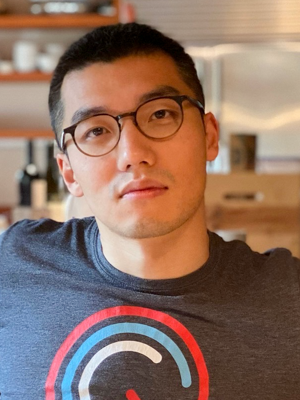BOLONG (HARVEY) CHENG
Hello. I am a founding engineer at Distributional. Previously, I was the lead AI research scientist at SigOpt (acquired by Intel in 2020), where I worked on productionizing Bayesian optimization, and more broadly, sequential decision making problems. Prior to SigOpt, I obtained my Ph.D. in electrical engineering from Princeton University. My doctoral studies focused on approximate dynamic programming, stochastic optimization, and optimal learning, with an application in managing grid-level battery storage.
